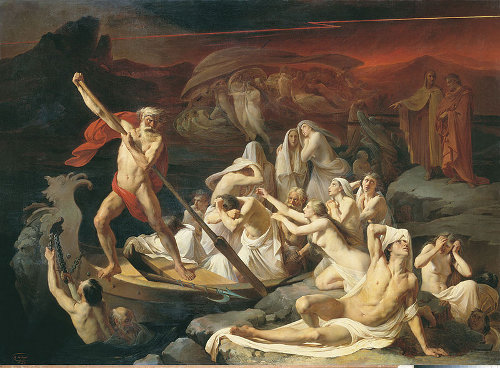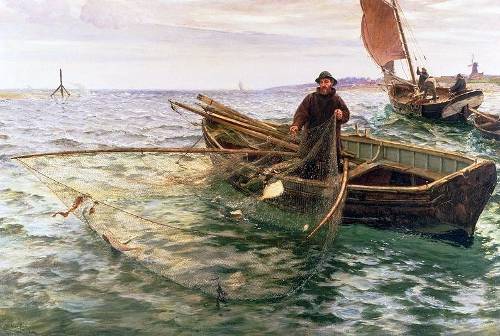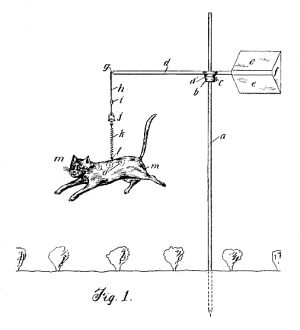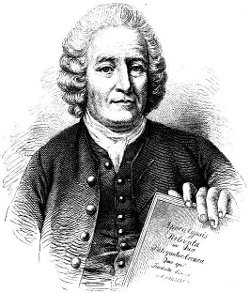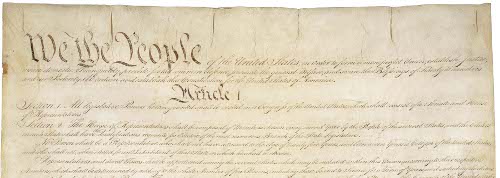
A constitution can contain a clause that provides for its amendment. But can this clause be used to amend itself?
Article V of the U.S. Constitution requires that an amendment be ratified by three-fourths of the states. Could they change this requirement to 90 percent? Or declare that the president can amend the constitution at his whim? Or abolish amendments altogether?
“If legal rules that authorize change can be used to change themselves, then we have paradox and contradiction; but if they cannot be used to change themselves (and if there is no higher rule that could authorize their change), then we have immutable rules,” writes Earlham College philosopher Peter Suber. “Paradox and immutability should create an uncomfortable dilemma for jurists and citizens in western legal systems. It appears that we must give up either a central element of legal rationality or a central element of democratic theory.”

